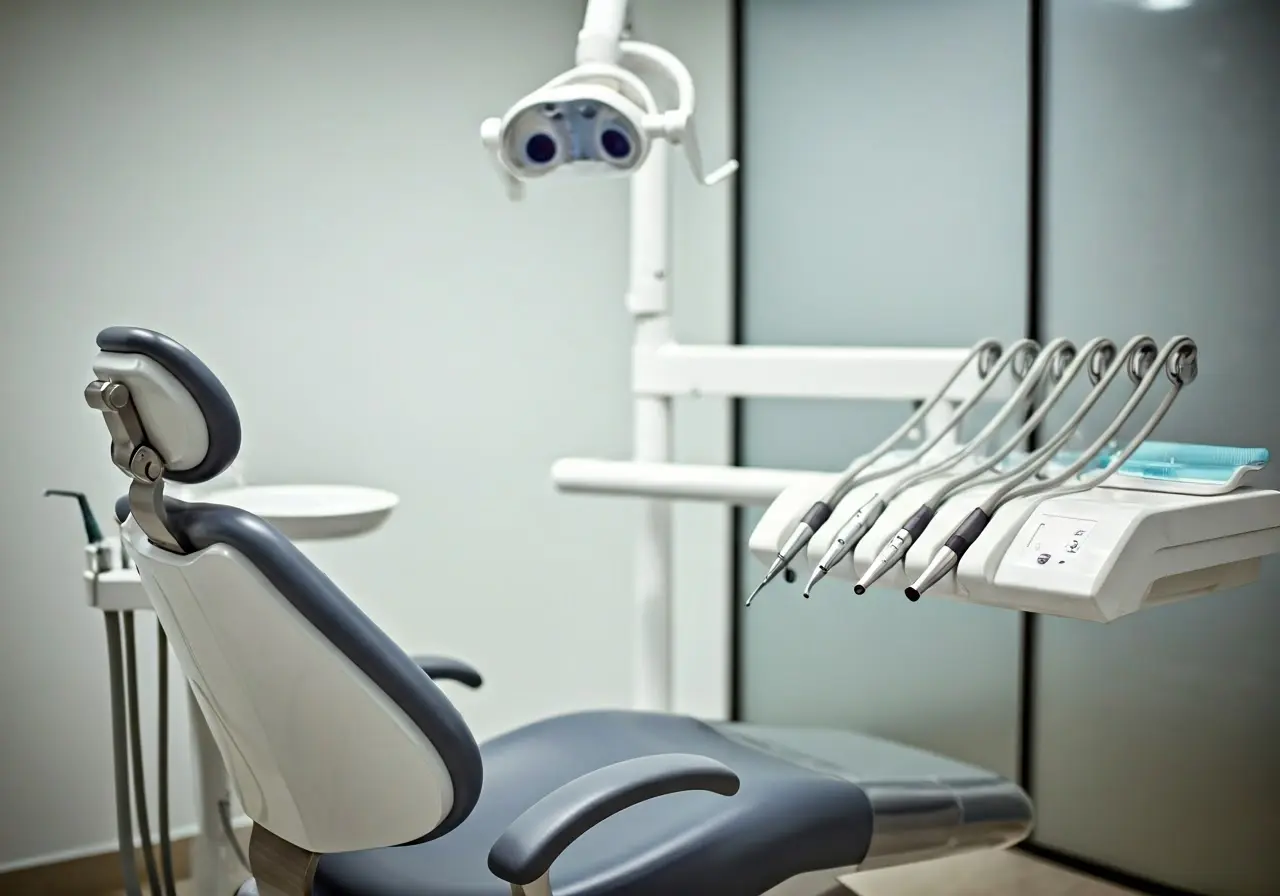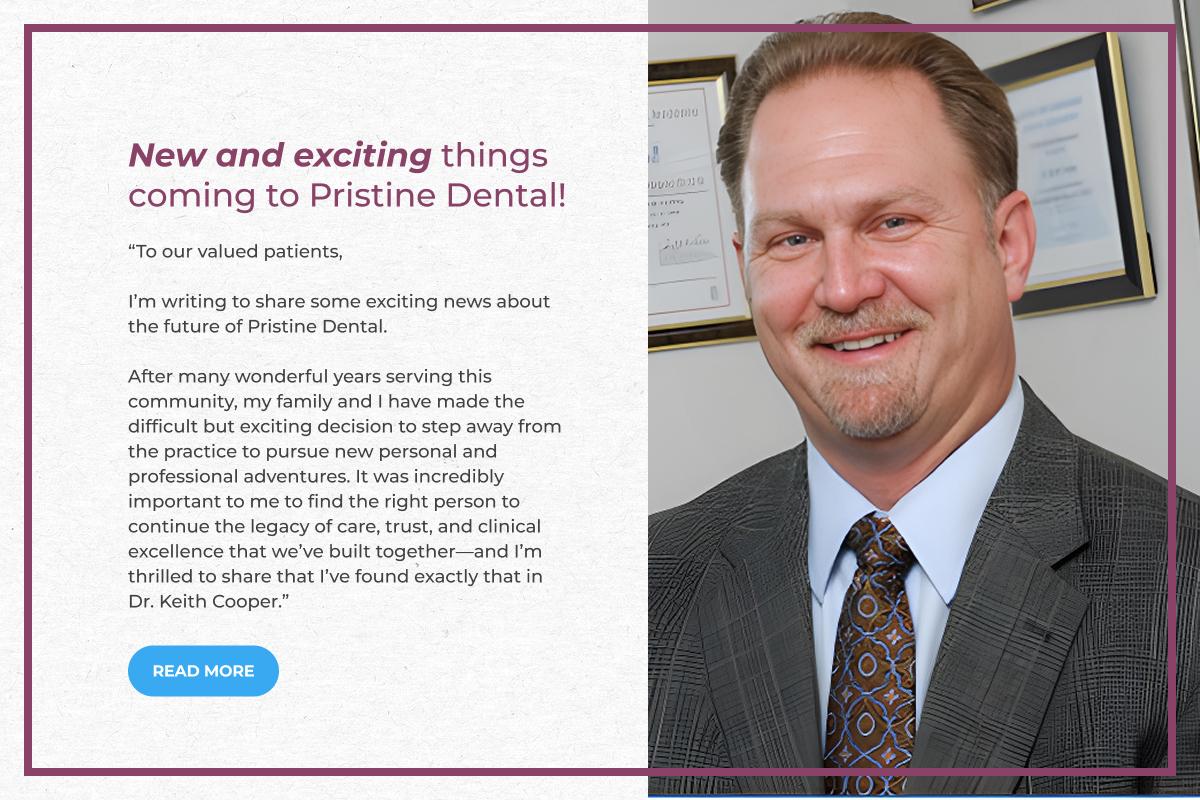Preventive dentistry is essential for maintaining a healthy smile and avoiding costly dental procedures in the future. If you’re living in the East Valley, understanding and implementing simple yet effective preventive measures can go a long way in ensuring optimal oral health. In this blog, we’ll explore straightforward tips that can help you and your family maintain your dental health effortlessly.
Understanding the Basics of Preventive Dentistry
Preventive dentistry focuses on practices that help maintain dental health and prevent oral diseases. This includes everyday practices such as brushing and flossing, as well as regular visits to the dentist to catch any potential issues early. The cornerstone of preventive dentistry is consistency. These simple habits, when performed regularly, can save you from severe problems, pain, or more complex and costly dental procedures later on. Consider preventive dentistry as an investment in your health, one that pays dividends not just in financial terms, but also in quality of life.
In addition to personal care, utilizing dental services is crucial. Scheduling regular dental checkups ensures any anomalies are spotted early. Regular Check-Ups play a vital role, as dentists are trained to identify issues you might not even know exist. This proactive approach in catching potential problems early can drastically reduce the need for emergency visits. For instance, plaque buildup is inevitable, but with timely intervention, it doesn’t have to evolve into a major issue. Preventive measures also encompass dietary choices, as what we consume affects our oral environment. As simple as these steps may seem, they form a comprehensive approach that benefits your long-term oral health.
Daily Oral Hygiene Habits to Adopt
Developing a routine that includes brushing twice a day with fluoride toothpaste, flossing daily, and using a mouthwash can greatly reduce the risk of dental problems. These habits help remove plaque, fight bacteria, and keep your gums healthy. At the core of daily oral hygiene lies brushing. It might sound trivial, but using the right technique and brushing for two full minutes ensures that you are giving your teeth the attention they need. Special attention during brushing should be given to the gum line, inner teeth areas, and the tongue, which harbors bacteria. Paired with controlled brushing, flossing acts as a guardian of spaces between your teeth. This simple act addresses areas your brush can’t reach, thus serving as a crucial step in avoiding cavities and gum disease.
Incorporating fluoride mouthwash adds another layer of protection. Its role isn’t to deter the act of brushing or flossing, but rather to complement them. Fluoride can significantly bolster the strength of your tooth enamel, providing resistance against acids from foods and germs. Moreover, it aids in freshening breath, a desirable side effect of a comprehensive oral care routine. Consistency in these practices builds a strong defense system that naturally combats potential dental issues. Dr. James Massa emphasizes the ease of incorporating preventive dentistry tips such as these into daily routines to ensure a smile that lasts a lifetime.
The Importance of a Balanced Diet
A diet rich in nutrients, including calcium and vitamin D, plays a crucial role in maintaining oral health. Avoiding excessive sugary foods and drinks also helps in reducing the chance of cavities and decay. Calcium, found in dairy products and leafy greens, strengthens tooth enamel, while vitamin D helps your body absorb calcium better. Think of them as a tag team working together to fortify your bones and teeth from the inside out. Pair these nutrients with magnesium and phosphorus to create a robust support system for your teeth.
Reducing sugar intake is another vital aspect of maintaining oral health. Sugars feed harmful bacteria in the mouth, which can lead to plaque build-up. This is easily preventable by opting for healthier snack choices, such as crunchy vegetables and fresh fruit. These not only satisfy your hunger but also help in physically cleaning your teeth as you chew. Hydration is equally essential; water aids in cleansing the mouth by washing away food particles and bacteria, keeping your mouth healthier all day long. Focusing on these dietary elements complements daily oral hygiene practices, helping to keep your teeth and gums in optimal condition.
Regular Dental Check-Ups and Cleanings
Scheduling regular appointments with your dentist for examinations and professional cleanings is essential. These check-ups allow dentists to identify issues before they become serious and provide a deep clean that enhances your home oral care routine. Being proactive about your oral health means making these appointments a regular affair. Each visit provides an opportunity for professional guidance tailored to your needs and circumstances. Dentists not only clean your teeth of tartar and plaque build-up but also check for signs of oral pathologies that you might miss, reinforcing the importance of preventive dental visits.
Moreover, these visits build a relationship with your dentist, creating an avenue where questions about oral health and hygiene can be freely discussed. When problems are discovered, dentists can recommend treatments ranging from simple fillings to more advanced procedures, ensuring you’re back on track to better oral health. Regular dental visits also serve as a reminder of the importance of maintaining proper home care habits. Think of these visits as resetting your oral health to a pristine state, much like hitting the refresh button on your oral hygiene practices.
Exploring Preventive Treatments
Preventive treatments such as dental sealants and fluoride treatments are available to further protect teeth, especially for children. Discuss these options with your dentist to determine if they are suitable for you or your family members. Sealants act like a raincoat for your teeth, particularly on the chewing surfaces of the back teeth, where decay often begins. These thin plastic coatings fill in deep grooves and crevices, creating a smooth barrier against food particles and plaque. Fluoride treatments, meanwhile, can be applied by your dentist through gels, foams, or varnishes to fortify teeth against decay.
Professional preventive treatments serve as a safety net, often providing protection where brushing and flossing cannot reach. They are particularly beneficial for children whose oral hygiene practices are still developing. By initiating these measures early, you establish a solid dental health foundation. These treatments can be seamlessly incorporated into regular dental visits, acting as an additional layer of defense customized to fit your specific dental needs. Remember, preventive care is not just about the present, but also about securing robust oral health for the future.
Achieving Dental Health Success in the East Valley
By incorporating these simple preventive dentistry tips into your daily routine, you’ll be well on your way to enjoying a healthier mouth and a brighter smile. Remember, good oral hygiene can make all the difference in preventing dental issues and ensuring your visits to the dentist are quick and stress-free. Make these tips a part of your lifestyle and see the positive impact they can have on your oral health.



